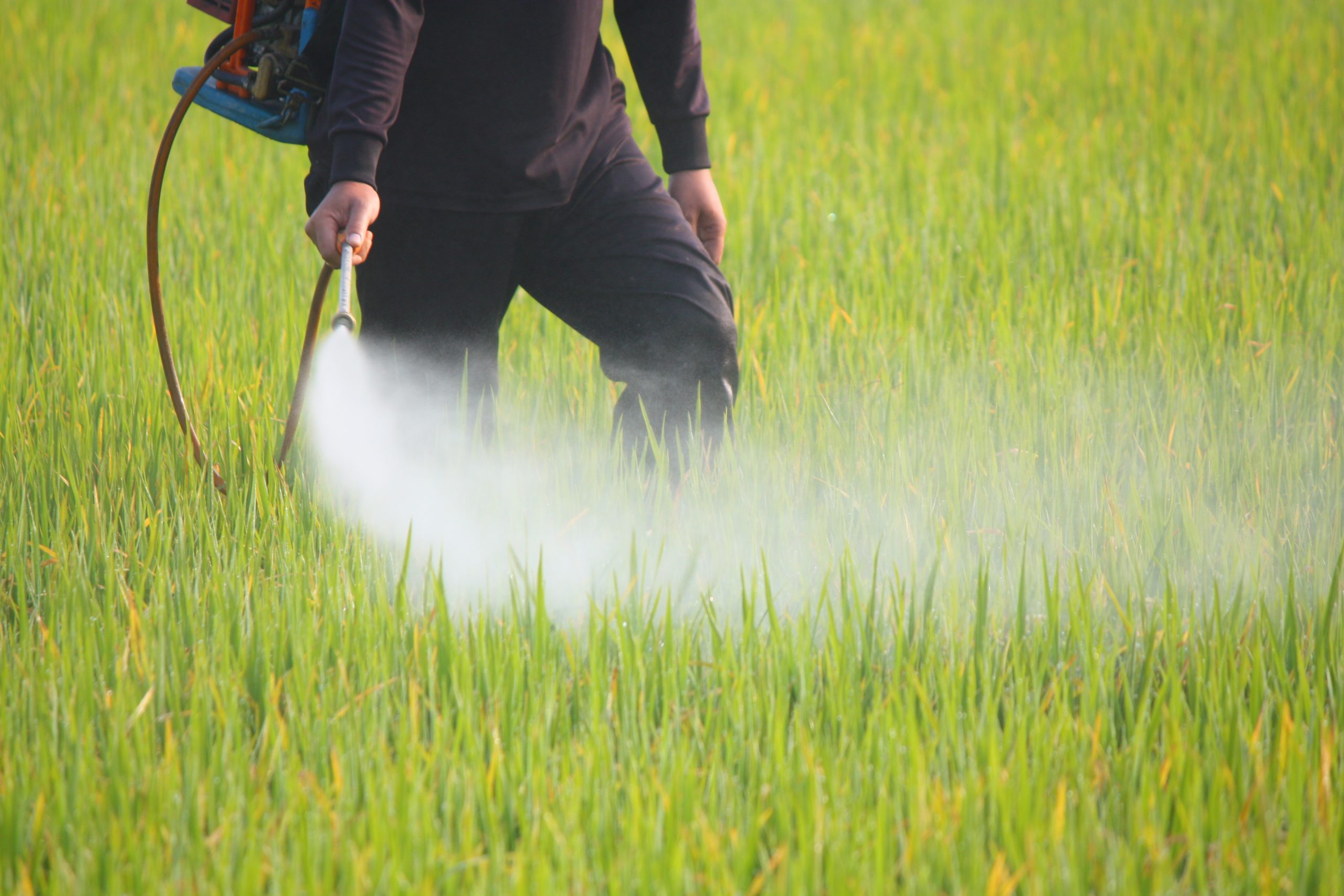Massachusetts’ Honey Bees Under Attack
July 31, 2015
Harmful Pesticides Found in Massachusetts’ Honey
Honey samples collected from foraging bees in the state of Massachusetts have been found to contain at least one neonicotinoid. 70 percent of the samples that were collected contain this class of pesticide, which has been identified as a possible cause of Colony Collapse Disorder, or CCD. CCD is a condition where adult honey bees leave their hives during the winter and do not return. These shocking discoveries were made during a recent study done by the Harvard T.H. Chan School of Public Health.
According to an article on News.Harvard.edu, there have been significant losses of honeybee colonies in the area since 2006. Chensheng Lu, lead author of the study and associate professor of environmental exposure biology at Harvard Chan School, said that “Data from this study clearly demonstrated the ubiquity of neonicotinoids in pollen and honey samples that bees are exposed to during the seasons when they are actively foraging across Massachusetts. Levels of neonicotinoids that we found in this study fall into ranges that could lead to detrimental health effects in bees, including CCD.”
Since honeybees are the prime pollinators of almost one-third of the countries crops, scientists, farmers, policy makers, and beekeepers are all concerned about the implications the increased presence of pesticides will have on the bee colonies. Previous studies regarding the use of pesticides have tested either stored pollen collect from beehives or pollen from one area at a single point in time. This recent study took samples of pollen throughout a period of time – specifically during the spring and summer when bee forage – in order to better analyze the levels of pesticides to which bees are exposed.
The researchers that conducted the study collected and analyzed over 200 pollen samples and over 50 honey samples from approximately 62 hives that were found in 10 out of the 14 counties in Massachusetts. Neonicotinoids were found in both pollen and honey samples every month from every hive from which the researchers collected – this strongly suggests that honeybees are at a very high risk of pesticide exposure at any given time in any area they are foraging in the state.
This study also suggests that neonicotinoid pesticides are being used throughout the state of Massachusetts. These pesticides not only pose a dangerous risk to honeybees but they can also prove to be harmful for humans who may be inhaling neonicotinoid contaminated pollen. The data presented in this study should serve as a basis for public policy that aims to reduce neonicotinoid exposure,” Lu said.


.jpg)



